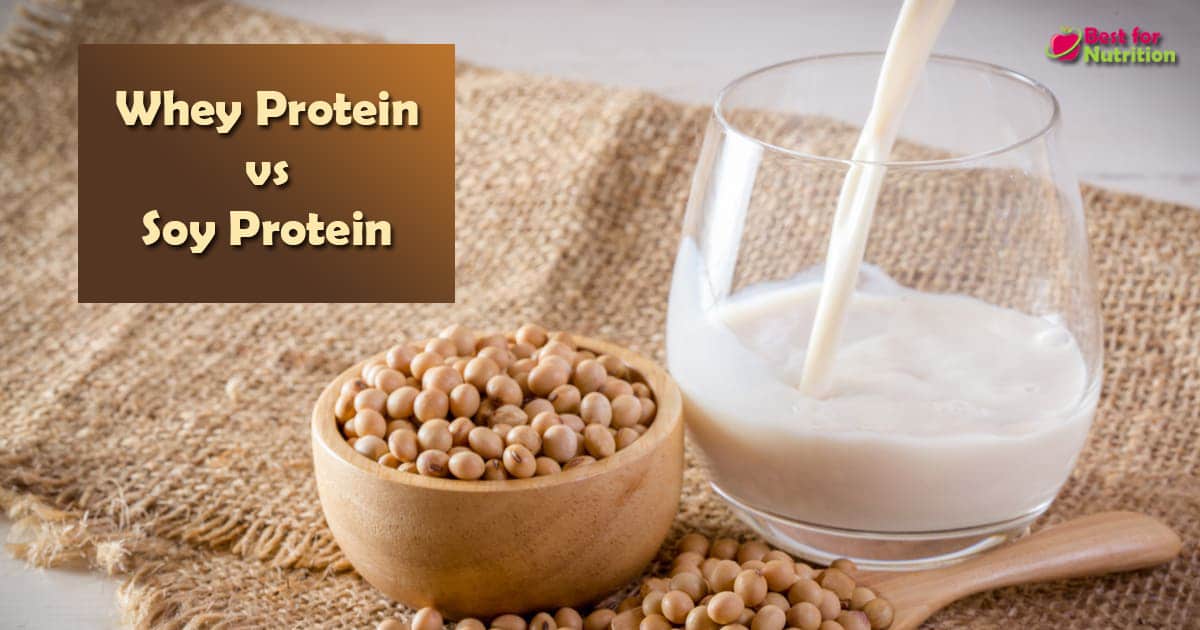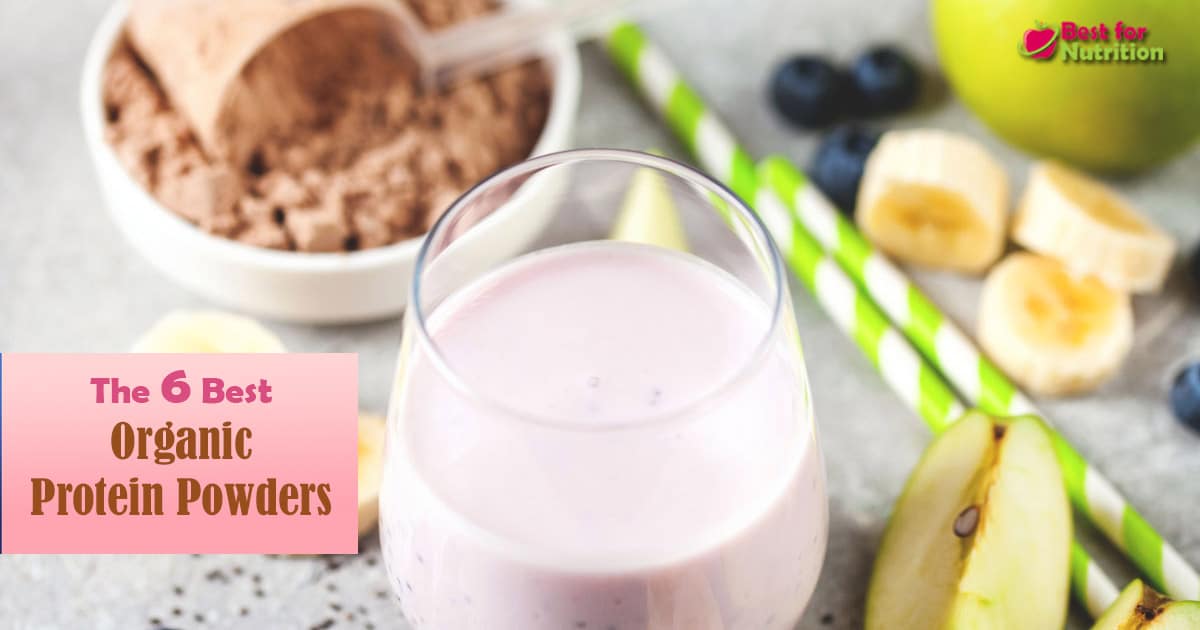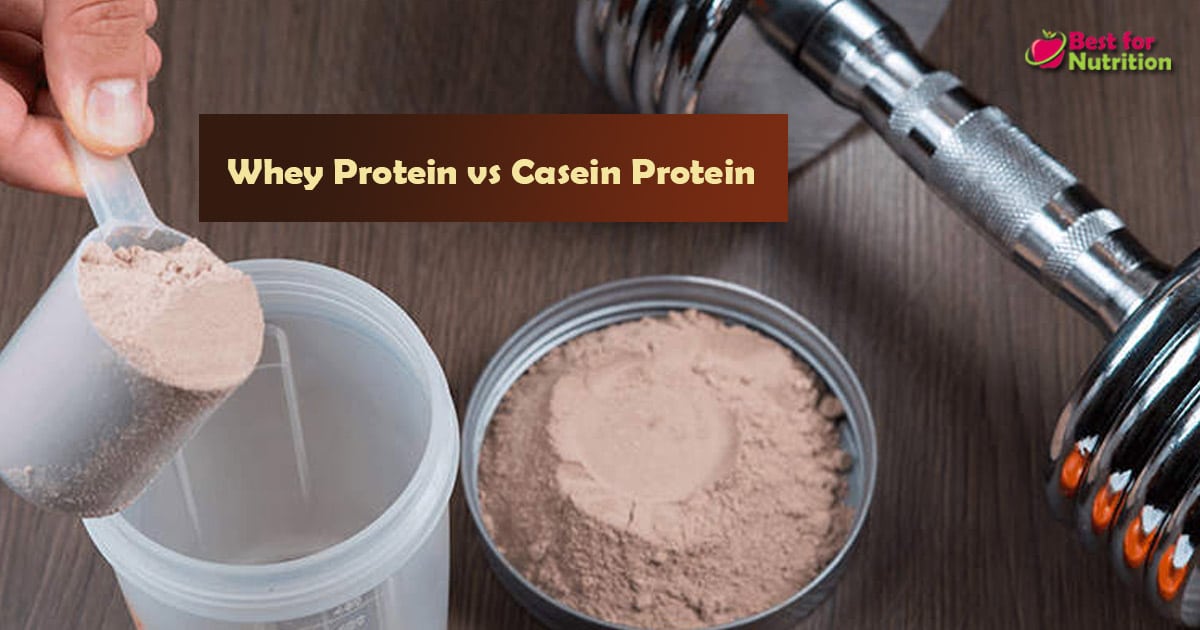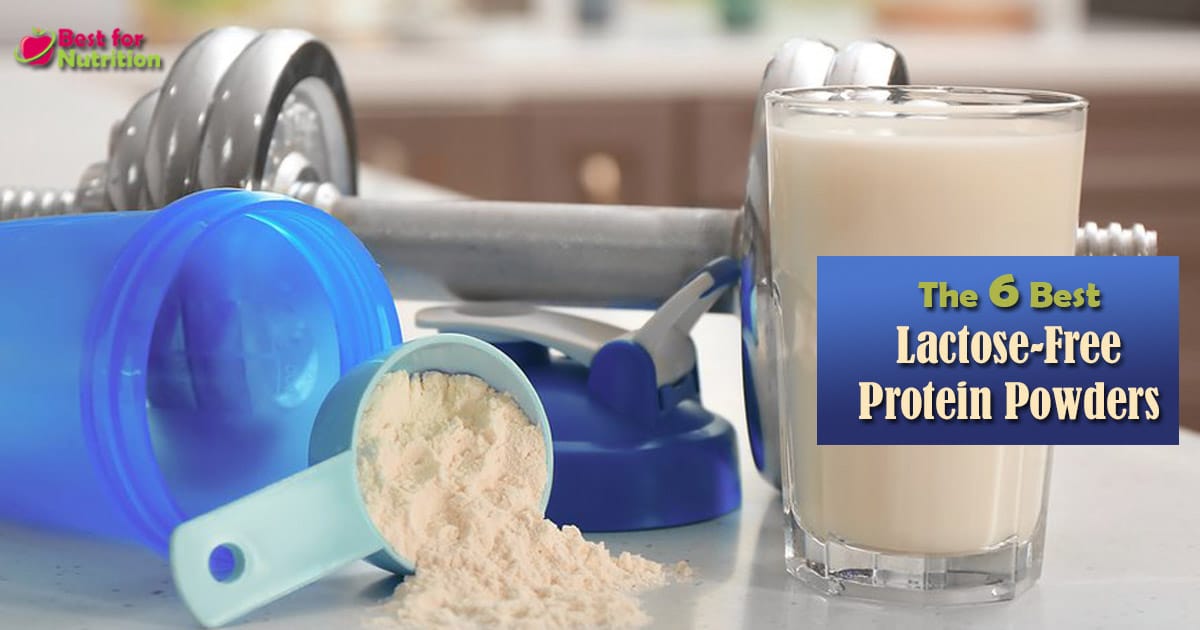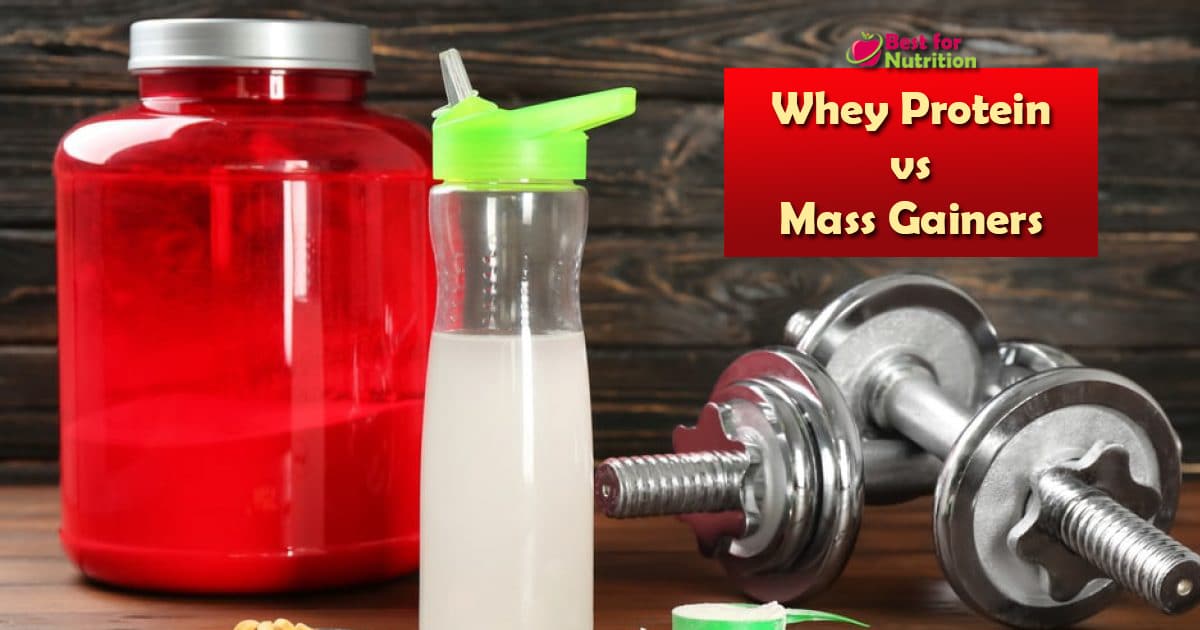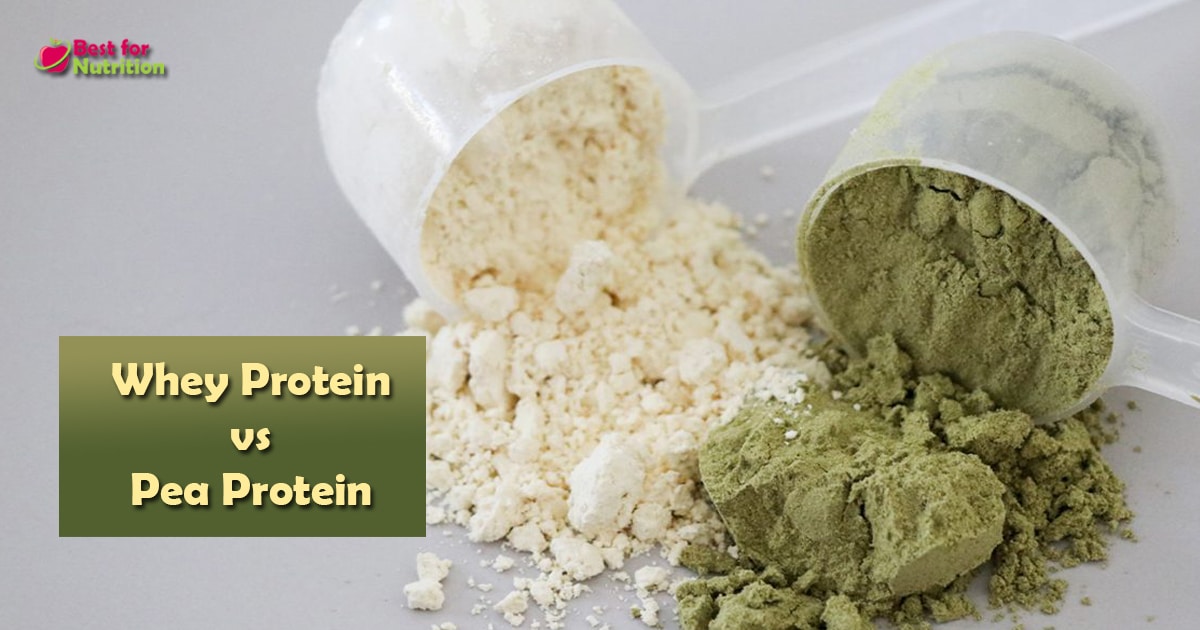Eggs are one of the most common protein sources consumed worldwide. The simple egg, especially egg-white packs a punch of protein required for the body’s daily nourishment.
Whey protein, obtained from dairy, is a high-quality protein that is easily assimilated by the human body for effective muscle building and strength.
Though both are excellent sources of protein, which one is more effective? Read on to know more about each of the protein sources and their differences.
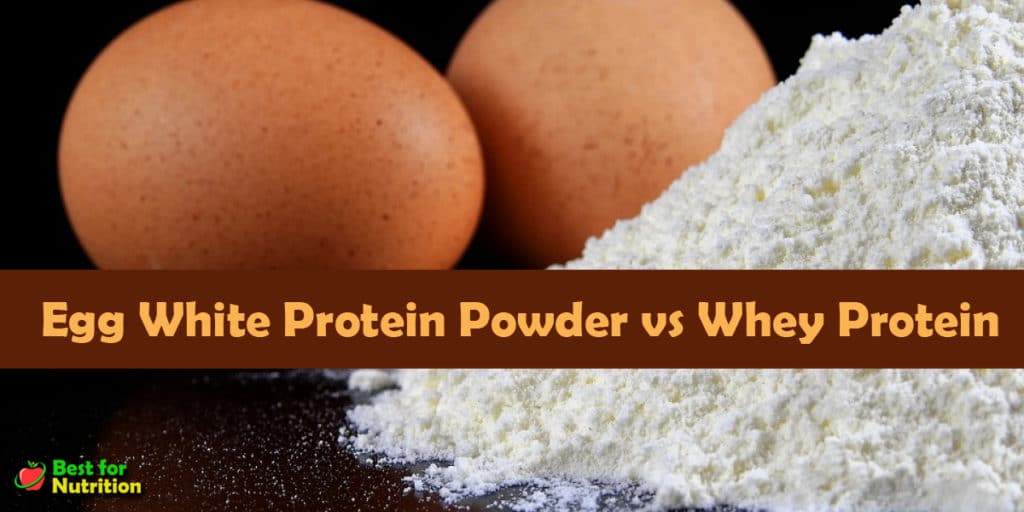
The Protein Content of Egg White vs Whey
Proteins are one of the most essential nutrients that function as building blocks of the human body. Present in each cell of the human body, protein from diet is required to build and maintain good muscles, strong bones, and healthy skin.
Dietary protein is normally obtained through adequate intake of meat, dairy, pulses, and nuts. Among these, all animal products are considered complete proteins as they contain all 9 essential amino acids.
Egg
A whole egg provides about 6 – 7 g of protein depending on its size and you get around 3.5 – 4 g of protein from the egg white alone. (1, 2)
The egg-white is also healthy because it has zero cholesterol, no fats, and fewer calories which is ideal for people who are weight conscious or who have to watch their cholesterol intake.
A mere 100 g or 2-3 egg whites a day can meet nearly ¼ of your body’s daily protein requirement.
Whey
About 100 g of whey liquid can provide you with around 0.9 g of protein. Like the egg white, whey too is considered as a complete protein. (3)
Also considered a complete protein, the plain whey provides all 9 essential amino acids, contains only 2 mg cholesterol, and is naturally low on carbohydrates.
In powder form, egg white protein powder is designed to provide an average of 24 g of protein per scoop and whey, depending on the type can provide up to 30 g per scoop.
Summary: Egg white protein and whey protein provide good amounts of protein. While egg white has no cholesterol or fat and is low in calories, whey has a marginal fat content but is low on carbohydrates.
The Benefits of Egg White Protein Powder vs Whey Protein
Egg White Protein Powder
Egg whites are the thick, transparent liquid surrounding the yellow yolks in eggs.
Here are some good reasons why egg white protein powders may be beneficial than other protein supplements.
1. Higher Antioxidants – Egg white protein powders are usually dry-heated and this process increases their antioxidant and digestion capabilities. (4)
Studies show that egg whites are rich in several antioxidant peptides that could help prevent or treat various diseases. (5)
2. Ideal for Those with Lactose intolerance – Eggs allergies though common is ranked second, the first being milk. Egg allergies usually appear in children in the first few years and subside after age 5. (6)
A meta-analysis study showed that though egg allergies may be chronic in children and for some adults, it is still less prevalent compared to milk, even in self-reported cases. (7)
Egg white protein powder is ideal for people who are lactose-intolerant and need better protein substitutes.
3. Easy Availability and Cost – Eggs are easy to procure and are much cheaper than other meats. As powders also, egg white protein powders are relatively cheaper than most whey protein powders in the market.
Egg white protein powders are not only more economical but convenient for those looking for dairy alternatives.
4. Zero Cholesterol and Low Carbs – Since eggs contain no fat and negligible carbohydrates, they serve as great substitutes for milk-based protein supplements.
Animal studies have indicated that egg white protein supplementation may increase fat loss by an increase in body protein mass. (8)
The egg white protein powder which has zero fat and low carbs makes it an ideal combination for weight watchers, athletes, or sportspersons who are looking for protein but without that extra fat.
Egg white protein powder is also suitable for individuals who need the proteins but have to avoid fats to prevent the risk of heart diseases.
5. Ease of Consumption
Apart from the good protein content, consuming egg white protein powder is simple and easy.
It makes for a delicious addition to smoothies and if you are concerned about milk intake, then, it can also be added to soy milk or almond milk to make it healthier and provide a double blast of protein.
Egg white protein powder can also be used in cooking and baking to add extra health and taste to food preparations.
Again, if you are a vegetarian and direct consumption of eggs is not your cup of tea, flavored versions of egg white protein powders can be chosen to mask the actual taste and still get the proteins.
Whey Protein
Whey refers to the liquid that remains once milk is curdled and strained to make cheese. The water that remains after the manufacture of cheddar or Swiss cheese is called sweet whey.
Listed are the benefits of using whey as a protein supplement.
1. Promotes Fat Loss and Recovery From Exercise
Whey protein is well known and a top choice among fitness enthusiasts and sportspeople.
Studies have shown that whey protein supplementation can help support efficient recovery post intense exercises. (9)
Research has also shown that certain whey protein products can stimulate fat loss while preserving lean mass in the human body. (10)
2. Variety in Choice and Taste
Whey protein is available in different types such as whey protein concentrate (WPC), whey protein isolate (WPI), and whey protein hydrolysate (WPH) with each differing in their nutritional content and cost.
A choice of flavors, apart from plain, is also available among the different types of whey protein. The different types and range of choice make whey protein a very sought-after option.
Summary: Egg white protein powder has higher antioxidants, economical, easy to consume without fear of fats and carbs. Whey is more popular, proven to aid fat loss, and available in different types and flavors.
Risks/Cons of Egg White Protein Powder vs Whey Protein
Though there are many benefits in using egg white or whey protein powders, they are not without their downsides. For one, both are on the allergen list which makes them unsuitable for individuals prone to allergies.
Listed are some of the risks and pitfalls of using these protein powders.
Egg White Protein Powder
1. Allergies: The most common shortfall in consuming egg white protein is its ability to trigger allergies resulting in mild-to-severe nausea, vomiting, skin rashes, and breathing issues. (11)
Though egg allergy in young children may dissipate by age 5, some adults and older children may still exhibit chronic allergy symptoms and need to steer clear of egg consumption.
2. Decreased Satiety: Egg white protein may not provide adequate suppression in appetite when compared to other forms of proteins.
Studies have found that egg white protein may have lower satiety effects in humans as compared to casein, pea protein, and whey, which may trigger hunger pangs faster than whey. (12)
3. May Lower Biotin Absorption: Biotin is a soluble B vitamin obtained from foods such as cereals, rice, vegetables, egg yolks, and dairy. It is required for several chemical processes in the human body. (13)
Studies show that raw egg whites contain a protein, avidin, that binds to biotin and hampers its absorption leading to biotin deficiency. (14)
This condition occurs only with raw eggs and is not the case with cooked egg whites.
4. Food Poisoning: Eggs can sometimes be contaminated by the bacteria Salmonella, which enters the egg from poultry before the shells are formed.
Studies reveal that salmonella can spread by eating raw or undercooked eggs even in the absence of an outbreak. (15)
Whey Protein
1. Expensive: Whey protein, depending on the type of whey, may turn out more expensive than egg white protein powders.
Also, you need to choose between the types of whey, which in turn decides the value of protein and cost involved.
2. May Trigger Lactose-intolerance: Whey is derived from dairy. Though some types may be lower in lactose and higher in protein content, it may not be suitable for people who are hypersensitive to dairy products.
Research has shown that whey including partially hydrolyzed whey can cause reactions and may not be suitable for people who are allergic to cow’s milk. (16)
3. Calorie and Content: Whey products can often contain ingredients that make it tastier and expensive too. One should check not only for the type but also what goes into the whey powder.
Added sugars or sweeteners may add taste but also end up adding more calories. Whey powders may contain ingredients such as xanthan gum, guar gum, which themselves can trigger allergies. (17)
Summary: Both egg white protein and Whey have common downsides like allergies. While egg white may not suppress appetite for long, may cause salmonella infection or reduce biotin absorption, whey is more expensive and may have hidden ingredients that increase calorie consumption.
Can I Take Both Egg White Protein Powder and Whey Protein?
Why not? If you do not get enough protein from your diet, then the right choice would be to choose supplements that augment the nutrition required and fill gaps in your daily diet.
If you lead an extremely active lifestyle, these protein powders are sure to boost your day with reliable proteins, lower hunger, and antioxidant power to boost immunity.
Mixing both powders elevates your protein intake and you may want to count that when calculating your daily protein intake. A better choice would be to have whey as a shake or smoothie and add egg white protein powder to food preparations and vice versa.
Summary: Egg white protein powder and whey can both be a part of one’s daily diet. Additions to foods or two shakes a day would make for a complete and balanced intake of both the protein powders.
Frequently Asked Questions (FAQs)
What is Egg White Protein Powder?
Egg white protein powders are generally made out of processed and dried egg whites. Egg whites are called complete proteins as they contain all 9 essential amino acids which help in muscle building and strength.
Apart from giving you around 25gm of protein per scoop, they are also free of fats, cholesterol, and extremely low in calories.
Are Egg Whites Available Only in Powder Form?
Egg white proteins are also available in liquid form. One cup of liquid egg white can provide about 26 gm of protein. It is perfect for people who on the go who have less time for solids or for that nutritious shake you need post-exercise.
What Does Whey Protein Contain?
Whey is a byproduct of cheese. The liquid that remains after making cheese is whey and this contains a good amount of proteins. Since it is produced from dairy, it is called a complete protein and has all 9 essential amino acids in it.
Is Whey Protein Better Than Egg White Protein?
Whey protein and egg white proteins are both animal products and complete proteins. Both deliver similar quantities of protein on a per-scoop basis.
Whey is more reputed than egg white protein and has plenty of research to back its prowess in building muscle and initiating fat loss.
Egg whites contain no fats and fewer calories, while whey has small amounts of carbs and fats, but is better in keeping cravings at bay with increased satiety.
Can Whey or Egg White Protein Powder Cause Allergies?
Yes. Whey is made out of dairy and hence contains some amount of lactose. So if you are intolerant to milk or lactose then you may need to exercise caution in using whey. Egg whites proteins may not be advisable for people who are prone to egg allergy.
The Final Note
Protein powders make up for the lapses found in your diet. Both egg white and whey protein are animal proteins and hence complete proteins. As long as you are not intolerant to either of them, you can consume them safely.
Egg white protein powder and whey each provide a potent dose of proteins and amino acids that nourish the body to build stronger muscles.
Egg whites have an edge over whey as they do not contain extra fat or cholesterol content but at the same time, whey is more effective in keeping hunger pangs at bay for a longer duration.
Choosing between egg whites and whey may be difficult, but factors such as cost, ingredients, taste, and health risks, all need to be considered before opting for one or both the protein powders.
Ultimately the choice rests with each individual, depending on what they require, what they get, and where their vote lies!
